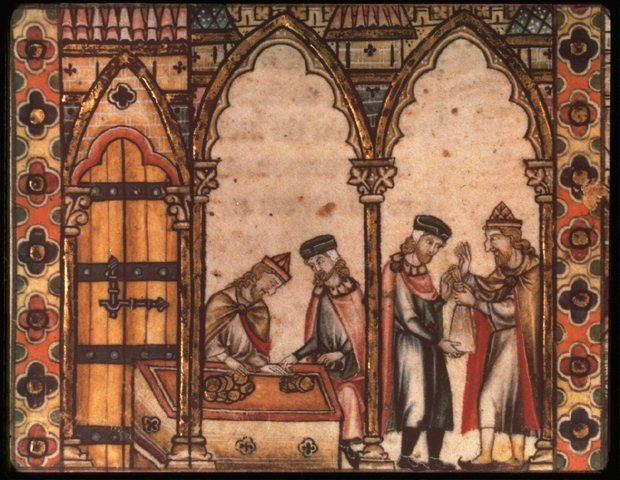(i) Money and society from late antiquity to the financial revolution

- Can a knowledge of the past help us to understand the global financial crisis we have all been living through?
- Where did the modern financial system come from?
- How does the use of money change the ways in which people live?
-
Money has a crucial role in our lives today, and it has had a profound influence upon the history of human societies, but it is often neglected by historians. Fortunately there is nothing difficult or esoteric about the study of money in society, and there is no need to become an economic historian to do it.
This option covers the period from the establishment of Barbarian kingdoms and the Byzantine Empire to the beginnings of the modern financial system, but a detailed knowledge of medieval or early modern history is not required. The course is concerned with money in its widest sense, including coinage, credit, commerce and banking.
This course provides a rare opportunity for history students to engage with material culture, such as coins, as well as with more conventional primary and secondary sources. The classes are held at the Fitzwilliam Museum, which has one of the greatest collections of coins in the world, and there will be opportunities to see many coins and historical artefacts at first hand.
Image: Illuminated manuscript of Jewish money lenders in France at the time of Louis XI. c.1270
This material is intended for current students but will be interesting to prospective students. It is indicative only.
